Post
A catch
Save a catch to start your fishing logbook. You will be able to to share it with the community if yo want!
A fishing trip
Post an ad to go fishing with other fishermen
Save a catch to start your fishing logbook. You will be able to to share it with the community if yo want!
Post an ad to go fishing with other fishermen
Share a thought, a question with the community
My favorite cities
×Join our 1342 fishermen and our 8 cofishermen in North-Ockendon in Greater London. The fishing forecast is currently 3.2. The most caught fishes here are the thornback ray, the mackerel fish, the dab fish and the ling fish. Come try the most famous fishing techniques like the tips on material to catch bass with jig, trolling for mahi mahi, how to fish for sole at sea? or spoon fishing for trout .
Our fishing forecast of North Ockendon indicates the best time to go fishing in this city.
The Thornback Ray
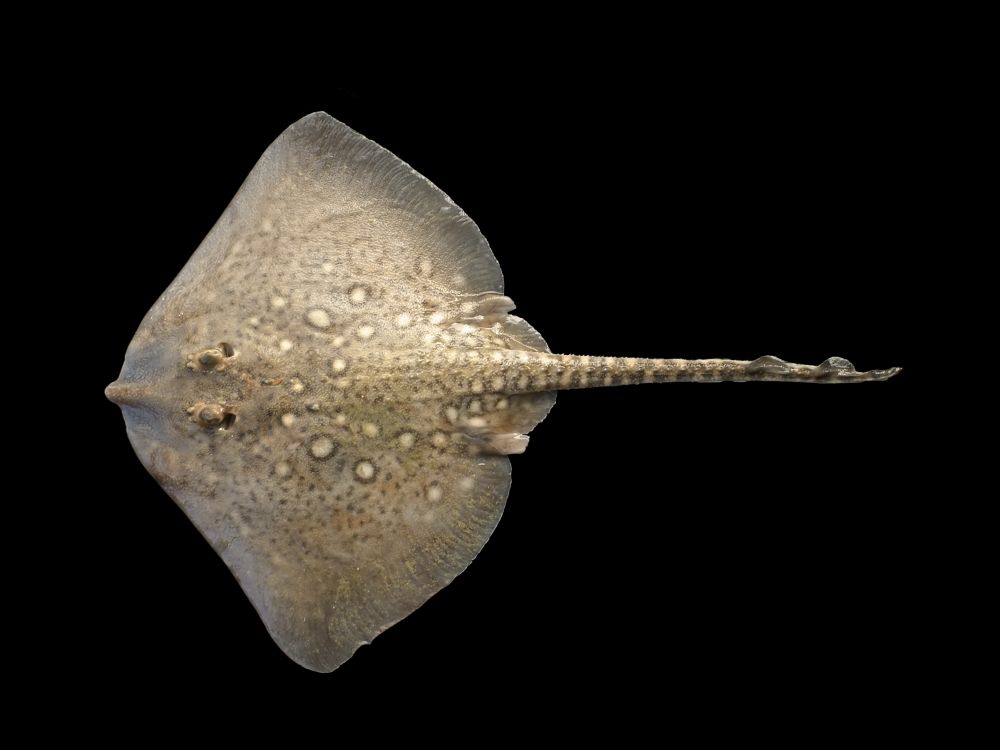
The Thornback Ray belongs to the Rajidae family. The size of this line can reach 1.20 m long for females, 70 cm for males, and 60 cm wide. Its lifespan is estimated at about fifteen years. It reproduces in the spring. The female lays between 70 and 140 young each year. It can be fished all year round. The looped line has the flattened shape of a narrow, diamond-shaped disc, sometimes wavy at the back. The pectoral fins are large, triangular in shape. They are welded to the head and to the whole body. The tail is long and thin, with a triangular pelvic fin on either side. The snout and rostrum are short and pointed. The eyes are close together, in front of the spiracles. The color of its back is greyish or light brown, sometimes solid, but usually marked by dark spots assembled or in sinuous lines. This drawing is completed with large yellowish, irregular spots. These are then surrounded by black in young people. An adult individual may also be adorned with grey-bordered eye-spots. The belly is whitish, underlined with grey on the periphery. The mouth and 2 series of 5 gill slits are located on the ventral side. The upper jaw is armed with powerful teeth, pointed in males and flattened in females. Finally, the tail is adorned with a series of dark or light, uneven rings. The skin is rough. In adults, the dorsal surface of the disc includes a few large curls (curved horny spines with an oval base) arranged irregularly. The young have a very pronounced median line, up to the t
The Thornback Ray is a famous fish you can catch in North Ockendon.The Mackerel fish
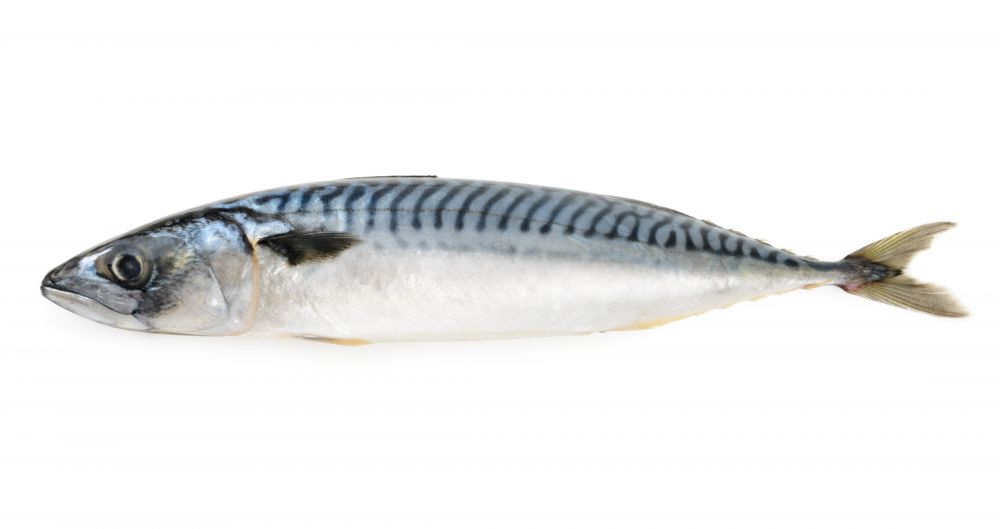
The Mackerel fish belongs to the Scombridae family. The average size of adult mackerel is 30 to 40 cm and its weight ranges from 500 g to exceptionally 1.5 kg. It can live up to 17 years. It reproduces from March to September. The female can lay 450000 eggs. It can be fished all year round. The streamlined body and pointed head of the mackerel, give it an excellent swimming quality (up to 10 km/h). The characteristic feature of mackerel is its blue-green back zebra with more or less oblique and parallel dark lines, while the sides and belly are silvery white. There are 23 to 33 dark chevrons depending on the individual and include the forehead between the two eyes. The fins of mackerel are grey. It has two widely spaced dorsal fins, the first being characterized by 10 to 13 thorny rays. In addition, it also has two pectoral fins (dark based), two ventral, one anal and one caudal. The caudal is preceded by 5 small feathered fins on the dorsal and ventral sides called pinnules. The tail is very indented.
The Mackerel fish is a famous fish you can catch in North Ockendon.The Dab fish
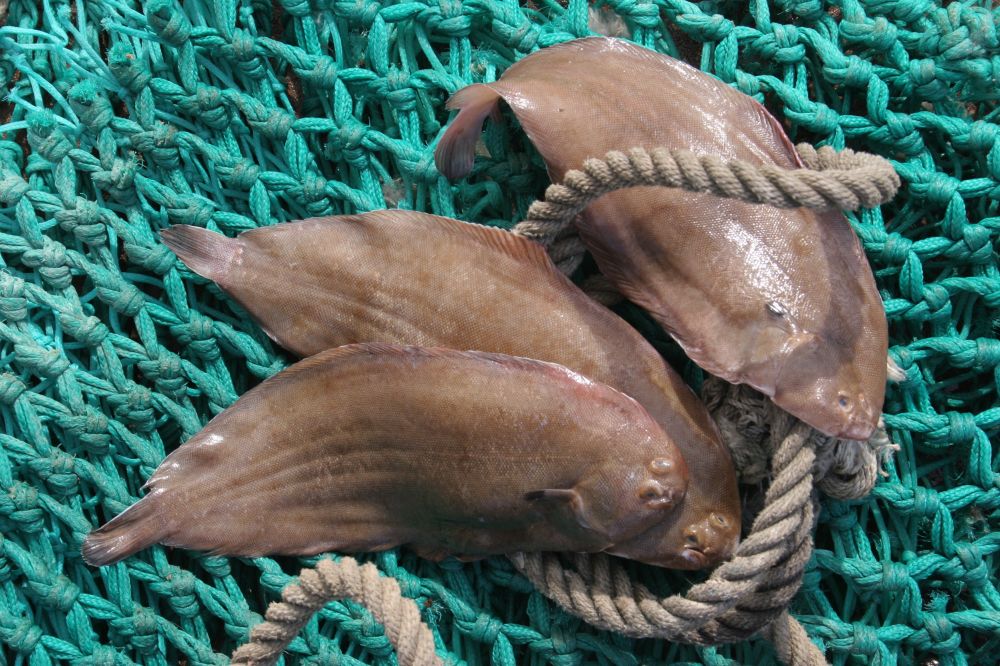
The Dab fish belongs to the Pleuronectidae family. It has an average size of 25 to 40 cm with an average weight of 1 kg. It has a lifespan of 12 years. The Dab fish breeds from February to April. The female lay up to 150,000 oocytes. The Dab fishing is open from October to Mars. the minimum catch size is 25 cm. The Dab fish, scientifically named Limanda Limanda, is a teleosteal species that belongs to the pleuronectidae or flatfish family. It has a flattened body with a more or less oval shape. The eyes of this dexterous fish are both generally located on the right side. The animal has a tiny mouth with small teeth. Its lateral line is curved at the pectoral fin. A characteristic feature that allows it to be easily distinguished from other species with similar morphology such as flounder. Thin scales cover the upper surface of the flounder, making its skin rough to the touch. The back is golden or yellowish brown in color and has dark spots. The belly or blind face is white. Varying from beige to light brown, the general color of dab allows it to blend in with the backgrounds.
The Dab fish is a famous fish you can catch in North Ockendon.The Ling fish
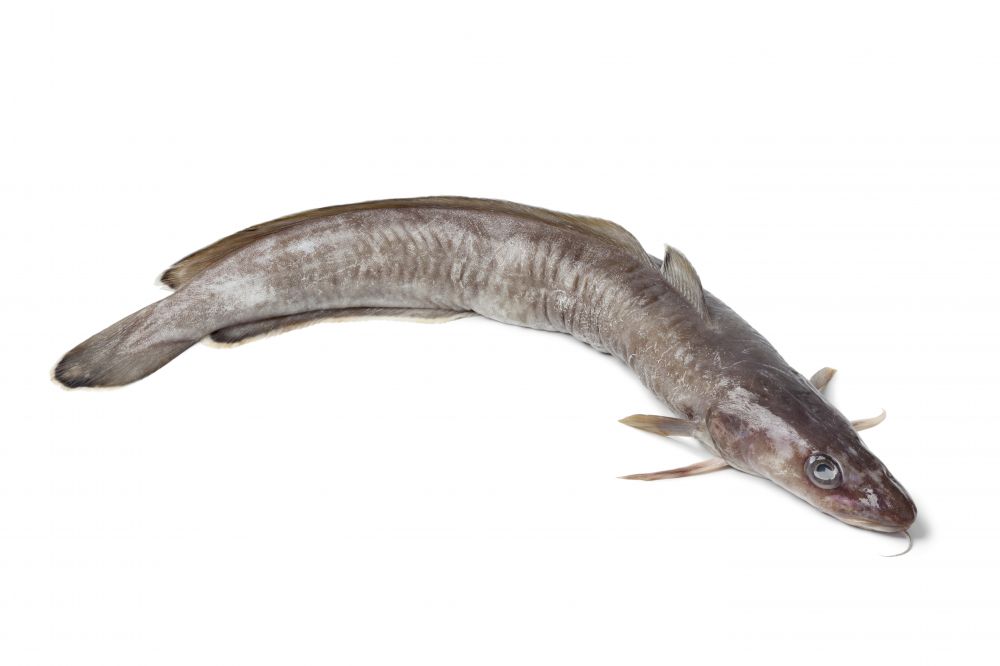
The Ling fish belongs to the Lotidae family. It generally measures 1.60 m in adulthood, but can reach a height of 2 meters and weigh up to 45 kg. Its longevity is estimated at 10 years for males and 14 years for females. Breeding takes place from March to July. The female can lay up to 60 million eggs. It can be fished all year round except in winter. The Ling has a cylindrical and very elongated body. The head is flattened with a prominent upper jaw. The fairly long chin barbell is larger than the diameter of the eye. This species has two dorsal fins and one anal fin. The first dorsal fin is shorter and often shows a black spot on the back, the second one runs the rest of the body to the tail. The black caudal fin has a white border on the tip. It is uniformly greenish brown in color, but slightly darker dorsally in adults. The young are often lighter, with its coloring more or less marbled orange.
The Ling fish is a famous fish you can catch in North Ockendon.The Sole Fish
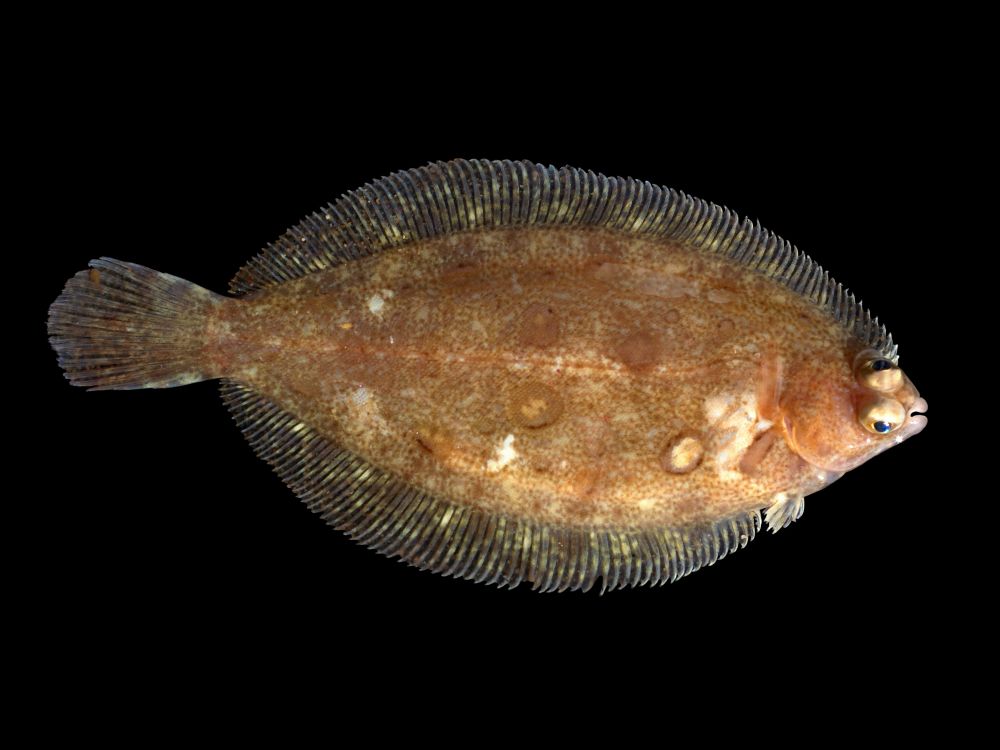
The sole fish belongs to the Soleidae family. The maximum size can reach 70 cm with a current size of 25 to 35 cm. Its longevity is 27 years. It breeds from January to March depending on the region. It can lay up to 1,300,000 eggs. It can be fished all year round. First of all, we notice in this flatfish its characteristic oval shape, which is not found in the other flatfish most frequently encountered by divers. The adult sole, a right-handed (or dexter) flatfish, rests on its left flank and has its eyes on the right side. The color of this fish is very variable: bluish grey to yellowish brown! The body is often marked with marbling and dark spots. The snout of the soles is rounded and shows a small arched mouth, located before the tip of the head. Her eyes are small and wide apart. The caudal has a rounded edge at the end of which a dark fringe can often be seen. On the seabed is the black spot (sometimes golden or brown) at the back and up of the pectoral fin. The dorsal and anal fins are generally white bordered and joined to the caudal by a thin membrane.
The Sole Fish is a famous fish you can catch in North Ockendon.Our fishing forecast of North Ockendon indicates the best time to go fishing in this city.
Our fishing forecast of North Ockendon indicates the best time to go fishing in this city.
Our fishing forecast of North Ockendon indicates the best time to go fishing in this city.
